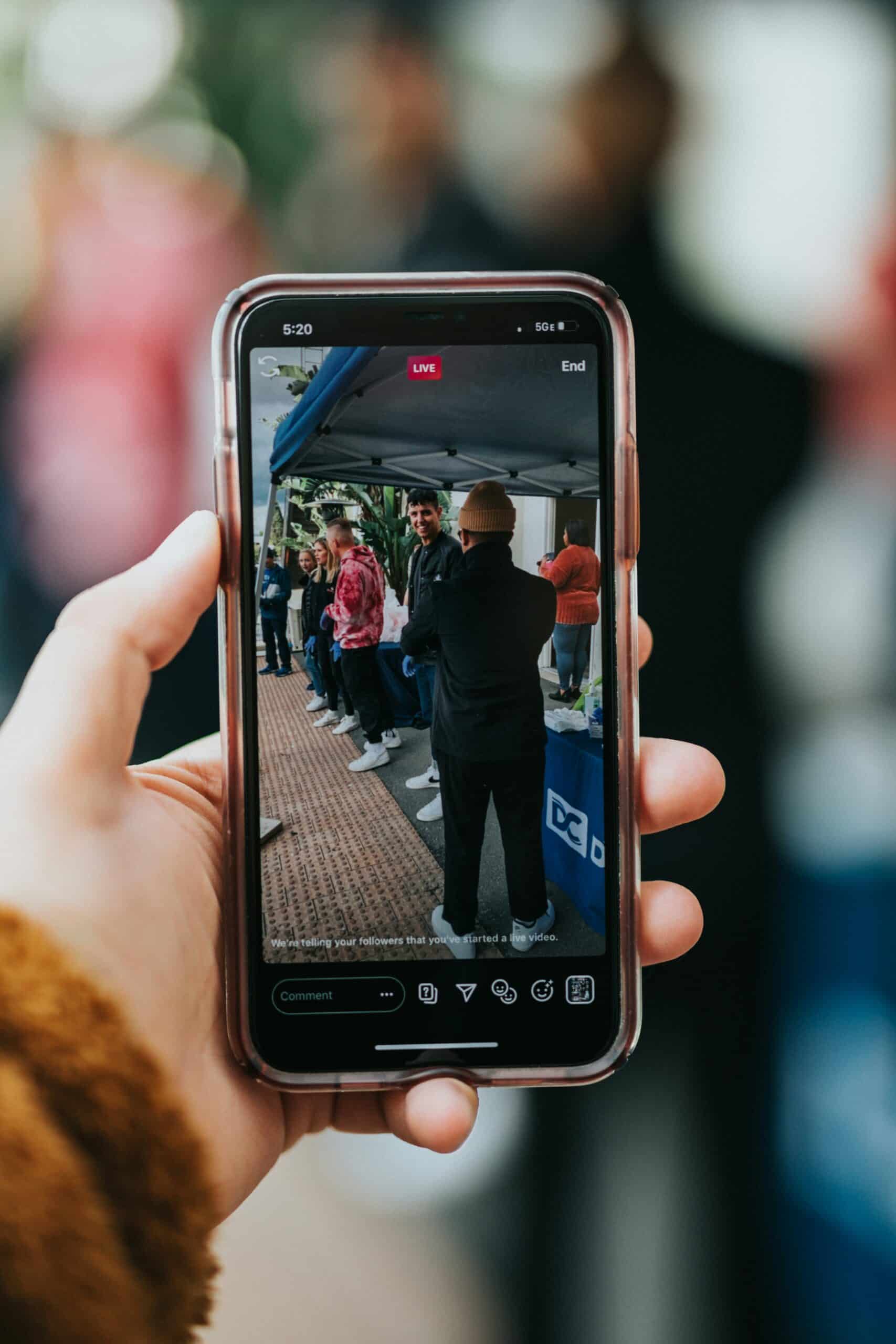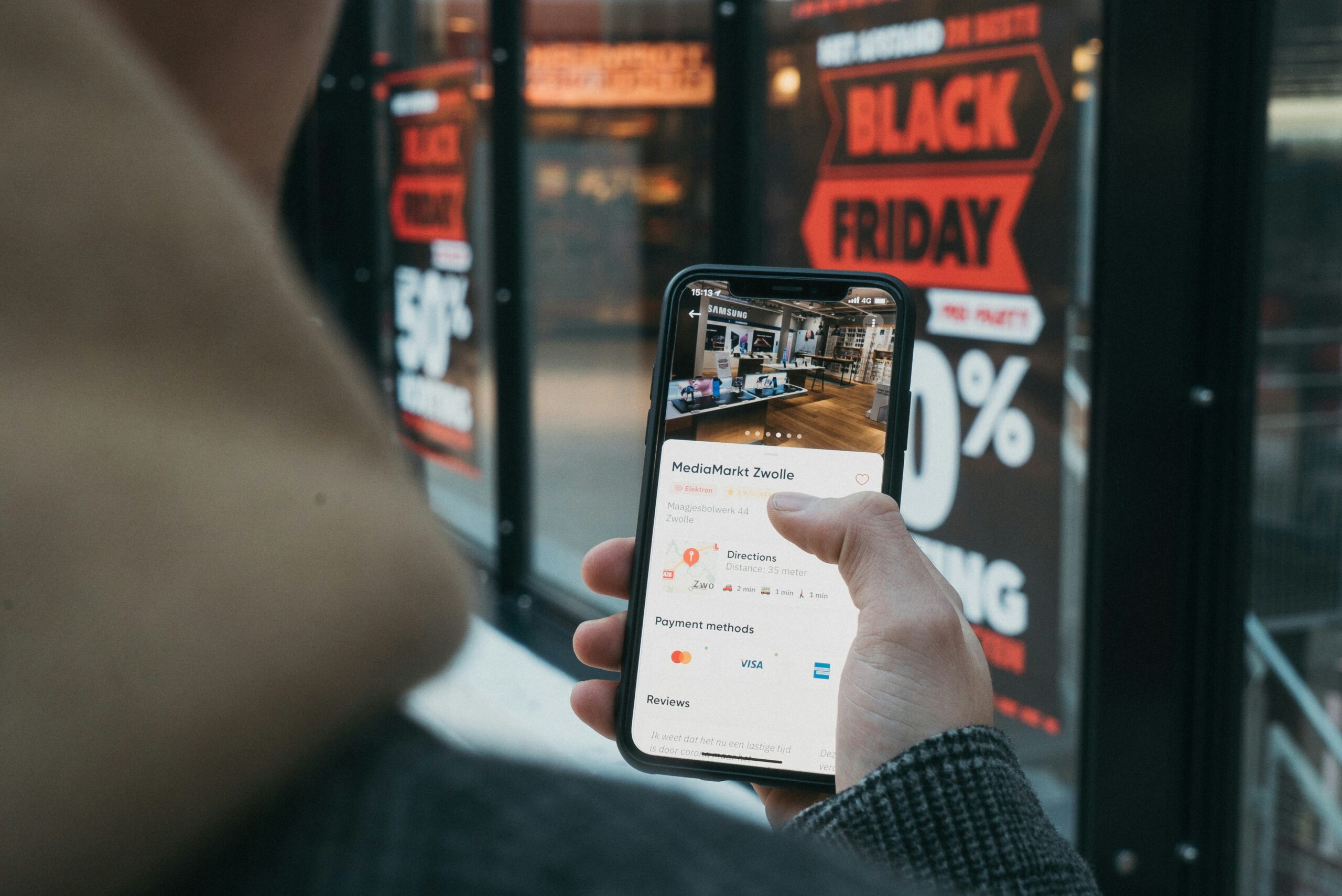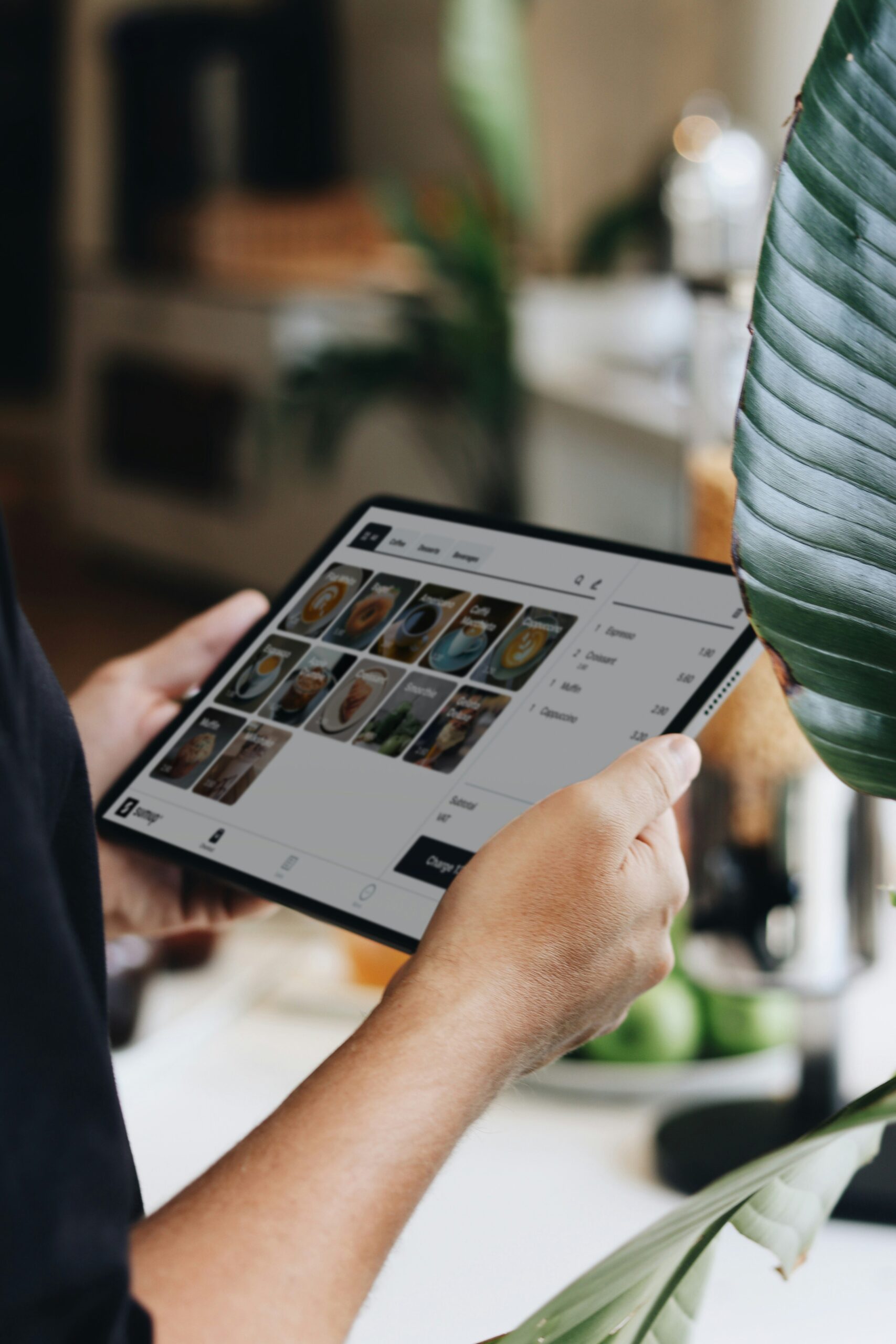Are you struggling to leverage Facebook for your e-commerce business? This guide offers proven strategies to master Facebook marketing and boost your online sales. We’ll cover setting up your e-commerce presence, creating engaging content, and maximizing Facebook advertising. You’ll learn how to use Facebook Insights to refine your approach and implement advanced techniques for scaling. By applying these tactics, you’ll improve your upselling efforts, increase customer lifetime value, and drive more web traffic to your e-commerce store.
Key Takeaways
- Facebook’s vast user base and targeting features make it powerful for e-commerce growth
- Creating engaging content and utilizing Facebook Live can boost customer interaction and sales
- Custom audience segmentation and retargeting strategies enhance ad effectiveness and recover lost sales
- Facebook Insights provides valuable data for refining marketing strategies and improving customer experience
- Advanced techniques like influencer collaborations and chatbots can significantly scale e-commerce on Facebook
Understanding the Power of Facebook for E-Commerce Growth

Facebook’s power for e-commerce growth stems from its vast reach and targeted features. This section explores Facebook’s demographics, aligning e-commerce goals with platform capabilities, analyzing competitor strategies, identifying ideal audiences, and integrating Facebook into marketing plans. By leveraging these aspects, businesses can enhance product visibility, streamline payments, and boost social selling efforts.
Exploring Facebook’s Reach and Demographics
Facebook’s extensive reach and diverse demographics make it a powerful platform for e-commerce growth. With over 2.8 billion monthly active users, Facebook offers businesses unparalleled access to potential customers across various age groups and regions. This vast user base enables companies to implement omnichannel strategies, integrating online advertising and customer service seamlessly. By understanding Facebook’s demographics, e-commerce brands can tailor their marketing efforts to target specific audiences effectively, gaining a competitive edge in the online marketplace:
Aligning E-Commerce Goals With Facebook Features
Facebook offers features that align with e-commerce goals, enabling businesses to optimize their online presence. Companies can leverage social proof through customer reviews and ratings, integrate point-of-sale systems for seamless transactions, and conduct market research using Facebook’s analytics tools. Effective web design for Facebook pages and advertisements ensures a smooth user experience across devices, particularly smartphones. By aligning these features with specific e-commerce objectives, businesses can create a cohesive strategy that drives sales and enhances customer engagement:
Analyzing Competitor Strategies on the Platform
Analyzing competitor strategies on Facebook provides valuable insights for e-commerce businesses. By examining how competitors use interactive media, offer services online, and leverage platforms like BigCommerce, companies can identify effective tactics and areas for improvement. This analysis extends to emerging technologies such as augmented reality and artificial intelligence, which are increasingly used to enhance customer experiences and drive sales on Facebook.
Identifying and Targeting Your Ideal Audience
Identifying and targeting the ideal audience on Facebook is crucial for e-commerce marketing success. By utilizing Facebook’s advanced targeting options, businesses can reach their target market based on demographics, interests, and behaviors. This precise targeting enhances digital marketing and e-commerce efforts, improving visibility in Google search results and increasing the effectiveness of search engine optimization strategies. E-commerce marketers can leverage Facebook’s data insights to refine their audience segments and create tailored content that resonates with potential customers.
Integrating Facebook Into Your Marketing Plan
Integrating Facebook into an e-commerce marketing plan involves combining various strategies to maximize reach and sales. E-commerce businesses can leverage Facebook’s platform for affiliate marketing, promoting goods and services through targeted ads and partnerships. Companies can drive traffic to their Facebook pages and online stores by incorporating email marketing campaigns and optimizing conversion rates. The integration process may involve a fee for advanced features, but the potential for increased sales and customer engagement often justifies the investment.
Setting Up Your E-Commerce Presence on Facebook

Setting up an e-commerce presence on Facebook involves creating a professional business page, establishing a Facebook Shop for direct sales, and optimizing for increased visibility. Companies can streamline their conversion funnel by connecting with customers via Messenger and ensuring compliance with commerce policies. These steps help businesses navigate the platform efficiently, reducing costs and improving warehouse management.
Creating a Professional Facebook Business Page
Creating a professional Facebook Business Page is essential for e-commerce success. This landing page is a hub for the target audience to discover and engage with the brand. It’s crucial to optimize the page with relevant information, high-quality visuals, and a clear call-to-action to drive conversions. By integrating tools like HubSpot, businesses can effectively manage customer relationships and track engagement. While setting up a Business Page is free, allocating a budget for promoted posts and ads can significantly enhance reach and visibility.
Establishing a Facebook Shop for Direct Sales
Establishing a Facebook Shop enables direct sales and enhances visibility for e-commerce businesses. By setting up a shop, companies can showcase products, streamline the shopping experience, and leverage Facebook’s vast user base. Effective content marketing strategies, combined with personalization techniques, can significantly boost engagement and conversions. Data analysis tools provided by Facebook help businesses optimize their shop’s performance, allowing for informed decisions on product placement and promotional strategies.
Optimizing Your Page for Increased Visibility
Optimizing a Facebook page for increased visibility involves strategically using search engine marketing techniques and thoughtful design. E-commerce businesses can enhance their page’s visibility by incorporating relevant keywords in their content, optimizing product descriptions for customs requirements, and implementing an efficient shopping cart system. Referral marketing can also boost visibility, encouraging satisfied customers to share their experiences. Key optimization strategies include:
- Regularly updating content with relevant keywords
- Utilizing Facebook’s built-in SEO tools
- Implementing a user-friendly shopping cart design
- Encouraging customer reviews and referrals
- Optimizing product listings for international customs
Connecting With Customers via Messenger
Facebook Messenger provides e-commerce businesses with a direct line to customers, enabling personalized communication and enhancing loyalty. Businesses can use Messenger to answer inquiries, provide product information, and offer real-time customer support. By integrating advertising strategies and utilizing image-rich messages, companies can showcase products effectively. An e-commerce PPC agency can help optimize Messenger campaigns to drive conversions and improve price competitiveness.
Ensuring Compliance With Commerce Policies
Ensuring compliance with Facebook’s commerce policies is crucial for e-commerce success. Businesses must conduct thorough keyword research to align their product listings and advertisements with platform guidelines. Online shopping experiences should prioritize customer retention through transparent pricing, accurate product descriptions, and reliable inventory forecasting. Companies can leverage customer testimonials to build trust while adhering to Facebook’s rules on user-generated content. By following these policies, e-commerce brands can create a sustainable presence on the platform:
Creating Engaging Content to Attract Customers

Creating engaging content for Facebook is crucial for e-commerce success. This section explores strategies for crafting compelling visuals and copy, utilizing Facebook Live, encouraging interaction through polls and questions, showcasing customer testimonials, and scheduling posts for optimal reach. These tactics enhance digital marketing efforts, improve user experience, and boost e-commerce marketing performance on platforms like Google Shopping.
Crafting Compelling Visuals and Copy
Crafting compelling visuals and copy is essential for e-commerce success on Facebook. Businesses can enhance their search engine optimization efforts by creating eye-catching images and concise, engaging text that resonates with their target audience. Effective content strategies often involve using mobile app-friendly designs and incorporating commerce-enabled features to streamline the purchasing process. Platforms like Mailchimp can be utilized to create and distribute visually appealing content across various channels, ensuring a cohesive brand message:
- Use high-quality product images optimized for mobile viewing
- Create short, impactful copy that highlights key product features
- Incorporate clear calls-to-action to drive conversions
- Utilize Facebook’s carousel format to showcase multiple products
- Implement A/B testing to refine visual and copy elements
Utilizing Facebook Live for Real-Time Engagement
Facebook Live offers e-commerce businesses a powerful tool for real-time engagement with customers. An e-commerce website agency can enable live product demonstrations, Q&A sessions, and behind-the-scenes glimpses to build audience connection. These interactive broadcasts provide opportunities to grow mailing lists and showcase carts, enhancing the overall shopping experience. An e-commerce ad agency can leverage Facebook Live to create urgency around limited-time offers, driving immediate sales and fostering customer loyalty:
Encouraging Interaction With Polls and Questions
Polls and questions are effective strategies for encouraging interaction on Facebook and enhancing e-commerce engagement through technology-driven feedback. These tools allow businesses to gather valuable insights about customer preferences, inform product development, and refine wholesaling strategies. By implementing interactive elements, companies can boost audience participation and gain a competitive edge in the internet marketplace:
Showcasing Customer Testimonials and Reviews
Showcasing customer testimonials and reviews on Facebook enhances an e-commerce business’s credibility and influences purchasing decisions. An e-commerce agency can help companies implement a strategy to collect and display positive customer experiences, which serve as social proof for potential buyers. By highlighting customer satisfaction with product quality, inventory management, and overall shopping experience, businesses can build trust and attract new customers. This approach aligns with a customer-centric business model, demonstrating the value of investing in customer relationships and quality products.
Scheduling Posts for Optimal Audience Reach
Scheduling posts for optimal audience reach is a critical aspect of successful e-commerce marketing on Facebook. By analyzing analytics data, brands can determine the most effective times to publish content across their marketing channels. This complete approach allows businesses to maximize engagement and visibility, potentially offering incentives to followers interacting with posts during peak periods. Consistent scheduling helps establish a brand’s presence and builds anticipation among the audience, leading to increased conversions and customer loyalty.
Maximizing Facebook Advertising for Increased Sales

Facebook advertising offers powerful tools for e-commerce sales growth. This section explores effective campaign setup, custom audience targeting, and retargeting strategies. It also covers optimizing ad spend through A/B testing and performance analysis. By leveraging these techniques, businesses can enhance their marketing automation, incorporate SMS marketing, and use behavior data to inform their strategies, including podcast promotion.
Setting Up Effective Advertising Campaigns
Setting up effective advertising campaigns on Facebook is crucial for e-commerce businesses looking to expand their sales channels and boost brand awareness. By leveraging Facebook’s robust advertising platform, retailers can create targeted campaigns that reach potential customers across various demographics and interests. These campaigns can be integrated with customer relationship management systems to track interactions and optimize sales strategies, ultimately driving more conversions and increasing revenue.
Targeting Audiences With Custom Segmentation
Custom audience segmentation on Facebook enables e-commerce businesses to target specific groups for lead generation and social commerce. By leveraging data from enterprise resource planning systems and e-commerce email marketing agencies, companies can create highly tailored ad campaigns. This precise targeting improves ad relevance and efficiency, leading to better conversion rates and return on investment:
Retargeting Visitors to Recover Lost Sales
Retargeting visitors on Facebook is a powerful e-commerce digital marketing tool for recovering lost sales. By implementing a social media retargeting strategy, businesses can re-engage potential customers who showed interest but didn’t complete a purchase. This approach uses Facebook’s pixel technology to track website visitors and display targeted ads, reminding them of products they viewed or items left in their cart. Effective retargeting can boost conversions by keeping the brand and products at the forefront of customers’ attention. When combined with a seamless payment gateway, retargeting can streamline the path to purchase, increasing the likelihood of recovering lost sales:
- Install Facebook pixel on the e-commerce website
- Create custom audiences based on specific website actions
- Design compelling ads featuring abandoned cart items
- Set up a frequency cap to avoid ad fatigue
- Offer incentives to encourage purchase completion
Optimizing Ad Spend Through a/B Testing
A/B testing is a crucial strategy for optimizing ad spend and maximizing return on investment in Facebook advertising for e-commerce. By comparing different ad elements, such as headlines, images, and call-to-action buttons, businesses can identify the most effective combinations that resonate with their target audience. This data-driven approach, often facilitated by specialized software, allows e-commerce PPC managers to continually refine their social media marketing efforts. By systematically testing and improving ad performance, companies can reduce customer acquisition costs and increase conversion rates, ultimately leading to more efficient use of their advertising budget and improved credit card sales.
Monitoring and Analyzing Ad Performance
Monitoring and analyzing ad performance is crucial for e-commerce businesses to optimize their Facebook advertising strategies and maximize revenue. By tracking key metrics such as click-through rates, conversion rates, and return on ad spend, companies can refine their influencer marketing campaigns and improve their overall presence in the online marketplace. Regular analysis allows businesses to adjust their advertising approach, ensuring that their message resonates with consumers and drives engagement. This data-driven approach can inform content creation for newsletters and other marketing channels, helping e-commerce brands stay competitive in the ever-evolving digital landscape.
Utilizing Facebook Insights to Improve Strategies

Facebook Insights provides valuable data for e-commerce businesses to refine their marketing strategy and improve customer experience. By analyzing engagement, reach, sales, and conversion metrics, companies can adjust tactics to maximize their return on investment. Comparing organic and paid performance helps optimize distribution channels, while third-party tools offer additional insights to enhance loyalty programs and overall marketing effectiveness.
Interpreting Engagement and Reach Data
Interpreting engagement and reach data from Facebook Insights helps e-commerce businesses refine their marketing strategies. By analyzing metrics such as likes, comments, and shares, companies can gauge the effectiveness of their content and adjust their approach to boost visibility on search engine results pages. A full-service e-commerce agency can integrate this data with Google Analytics to provide a comprehensive view of customer behavior, enabling businesses to optimize their product offerings and streamline automation processes for improved efficiency in selling goods online.
Tracking Sales and Conversion Metrics
Facebook Insights provides e-commerce businesses with essential tools for tracking sales and conversion metrics. Companies can monitor key performance indicators such as click-through rates, conversion rates, and average order value to assess the effectiveness of their Facebook marketing efforts. By analyzing these metrics, businesses can identify which products or campaigns are performing well and adjust their strategies accordingly. This data-driven approach enables e-commerce brands to optimize their advertising spend, improve product listings, and enhance overall sales performance on the platform.
Adjusting Marketing Tactics Based on Insights
Facebook Insights provides e-commerce businesses with valuable data to refine their marketing tactics. By analyzing engagement rates, reach, and conversion metrics, companies can identify areas for improvement and adjust their strategies accordingly. This data-driven approach enables businesses to optimize their content, targeting, and ad spend for better results. E-commerce marketers can use these insights to make informed decisions about product promotions, audience targeting, and content scheduling:
Comparing Organic and Paid Performance
Comparing organic and paid performance on Facebook gives e-commerce businesses valuable insights to optimize their marketing strategies. By analyzing metrics such as reach, engagement, and conversion rates for both organic posts and paid advertisements, companies can determine the most effective approach for their target audience. This comparison helps businesses allocate their resources efficiently, balancing the cost-effectiveness of organic content with the targeted reach of paid campaigns to maximize their return on investment.
Employing Third-Party Analytics Tools
Third-party analytics tools complement Facebook Insights, offering e-commerce businesses deeper data analysis and cross-platform comparisons. These tools provide advanced features such as competitor benchmarking, sentiment analysis, and predictive modeling, enhancing decision-making for marketing strategies. By integrating data from multiple sources, including social media platforms and website analytics, businesses gain a comprehensive view of their online performance and customer behavior.
Advanced Techniques for Scaling With Facebook

Advanced techniques for scaling e-commerce on Facebook include collaborating with influencers, implementing chatbots, building community through groups, integrating Facebook Pixel, and selling via Marketplace. These strategies enhance exposure, improve customer service, foster engagement, enable better tracking, and expand sales channels. By leveraging these tools, businesses can significantly boost their Facebook marketing effectiveness and drive growth.
Collaborating With Influencers for Greater Exposure
Collaborating with influencers offers e-commerce businesses a powerful way to expand their reach on Facebook. By partnering with individuals with a strong following in relevant niches, companies can tap into established audiences and gain credibility through association. This strategy often leads to increased brand awareness, higher engagement rates, and, ultimately, more conversions. Businesses can work with influencers to create authentic content that showcases products in real-life situations, providing social proof and encouraging followers to make purchases.
Implementing Chatbots for Better Customer Service
Implementing chatbots on Facebook Messenger enhances customer service for e-commerce businesses. These AI-powered tools provide instant responses to common customer inquiries, streamlining the support process and improving response times. By handling routine questions, chatbots free up human agents to focus on complex issues, ultimately leading to higher customer satisfaction and increased sales conversions. E-commerce companies can customize their chatbots to guide customers through the purchasing process, offer product recommendations, and provide order status updates, creating a seamless shopping experience.
Building Community With Facebook Groups
Facebook Groups offer e-commerce businesses a powerful tool for building engaged communities around their brands. By creating and managing groups focused on their products or related interests, companies can foster direct connections with customers, encourage user-generated content, and gather valuable feedback. These communities serve as platforms for customers to share experiences, ask questions, and receive support, ultimately driving brand loyalty and sales. E-commerce businesses can leverage these groups to announce new products, offer exclusive deals, and conduct market research, creating a symbiotic relationship between the brand and its most dedicated customers.
Integrating Facebook Pixel for Enhanced Tracking
Integrating Facebook Pixel enhances tracking capabilities for e-commerce businesses, providing valuable insights into customer behavior and ad performance. This powerful tool allows companies to measure conversions, optimize ads, and build targeted audiences for future campaigns. By placing the Pixel code on their websites, businesses can track user actions, such as product views, add-to-carts, and purchases, enabling them to create more effective retargeting strategies and improve their return on ad spend. The data collected through Facebook Pixel helps e-commerce brands make data-driven decisions to refine their marketing efforts and boost sales:
- Install Facebook Pixel on all website pages
- Set up custom events to track specific user actions
- Create custom audiences based on website behavior
- Use Pixel data to optimize ad targeting and bidding
- Analyze conversion paths to improve the sales funnel
Selling Through Facebook Marketplace Channels
Facebook Marketplace provides e-commerce businesses with an additional channel to reach potential customers and increase sales. By listing products on Marketplace, companies can tap into a local audience that is actively searching for items to purchase. This platform allows businesses to showcase their products alongside individual sellers, offering a more personalized shopping experience. E-commerce brands can leverage Marketplace to test new products, clear excess inventory, or expand their reach without significant additional costs:
Conclusion
Facebook marketing is a powerful tool for e-commerce businesses, offering vast reach and targeted features to drive growth and increase sales. By leveraging advanced techniques such as custom audience targeting, retargeting strategies, and data-driven insights, companies can optimize their advertising efforts and maximize return on investment. Implementing engaging content strategies, collaborating with influencers, and utilizing Facebook’s various platforms like Shops and Marketplace can significantly enhance brand visibility and customer engagement. Ultimately, mastering Facebook marketing enables e-commerce businesses to create a robust online presence, foster customer loyalty, and achieve sustainable growth in the competitive digital marketplace.



